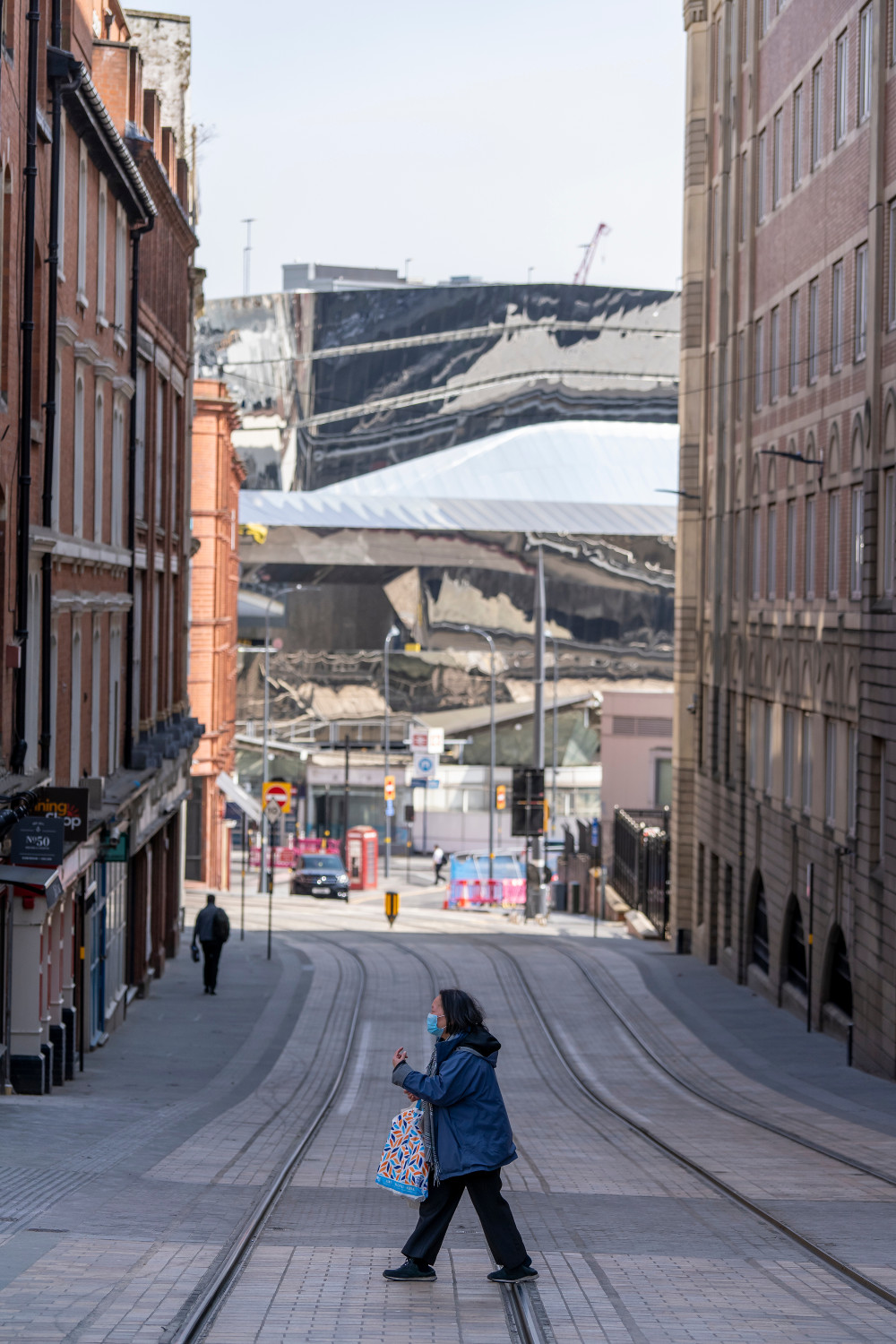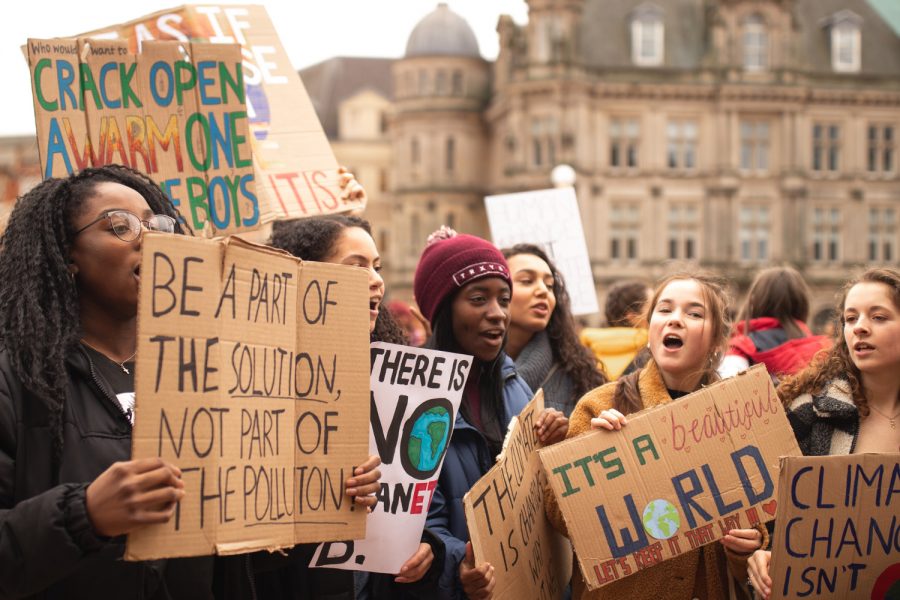Home > All stories and articles > What are students thinking about as they emerge from lockdown?
What are students thinking about as they emerge from lockdown?
By Sean Wood
UK students have spent a year-and-a-half in lockdown. During this time, they’ve had to endure online lessons, having to work locked down from their halls of residence, or even having to move back and study from their parents’ house.
That’s actually quite a long time in university life. To put it another way: two-thirds of the current UK undergraduate population have experienced six months or less of normal university life.

As we got together for our first face-to-face meeting as the Birmingham Agapé UK Students staff team in a team member’s back garden, a few of us expressed how we were feeling a bit nervous. The university campus was just beginning to open up – in time for the last month of the academic year – after we’ve not been able to see students face-to-face for the last year-and-a-half, and we acknowledged feeling a bit lost. Students have been through, what for many is, a significant life experience, and, as we’ve not been able to see them for so long, we’re not entirely sure how it has impacted them.
That’s when we came up with the idea for the Student Emerge Survey! We put together a collection of questions to help us find out about, among other questions, how students’ mental health has been affected, how their values and view of the world has changed, what issues are important to them and how optimistic they are feeling about the future.
It’s served multiple purposes for our team, really. Firstly, it’s helped us to ‘decode’ the campus again; it’s helped us to listen to students, understand a bit more the impact that living in lockdown has had on them, and help us to focus the work that we’re doing on addressing their felt-needs.
Secondly, it’s just been a great excuse to meet and introduce ourselves to new students! Many have shared with us how the isolation of lockdown has caused them to ask questions and reflect on spiritual questions, and some were even willing to share their contact details with us so that we could help them explore those questions.
As we’ve been meeting students and recording their responses, what we’ve discovered has been really insightful. You can see some word clouds below that we created to represent responses we had to some of the questions (hover over the word cloud in order to see the question):
What did we notice from students' responses?
When we took some time to study the results, we felt that there were a few things being demonstrated to us. The biggest thing that stood out was the number of students who said they’d missed being part of a community / being able to socialise with others during their time in lockdown. Their need for being part of a community and socialising was what the majority said they’d learnt about themselves through lockdown, and, in response to a question about the biggest need for students right now, many suggested help with meeting new people and organised social events. Through the responses to different questions throughout the whole survey, it seemed like this, above any other need – both personal and global – is what students care most about right now, and it’s not really surprising at all.
Another thing that stood out to us were the responses we received to the question: What do you think is the most significant issue facing us globally?
Unsurprisingly, given the death of George Floyd in police custody in the U.S. in May 2020, and the subsequent global Black Lives Matter protests, racism and inequality featured highly as important global issues.
One that surprised us a little more – and one that we haven’t really spent much time reflecting on as a student movement – was climate change. Pretty much an equal number of students chose climate change as the biggest issue facing the world, as chose racism and inequality.

In terms of the impact on students’ spiritual openness, whilst around half told us that they hadn’t particularly thought any more about spiritual things as a result of lockdown, there were still many more than we’re used to who indicated that either they had become more interested, or that they knew others around them were thinking more about spiritual questions or faith.
So what's next?
The survey was really useful in helping us to meet new students, and it’s also our intention that we’ll continue using the survey on campus in September – at the start of the new academic year – again, to help us meet new students.
However, we recognise that the results are really useful in helping us to plan and prepare for the next academic year. And that’s another reason for continuing to use the survey: the more responses we can gather, the better the picture we can get of what students are thinking and feeling. We’ve already begun unrolling the survey in Cambridge and Newcastle, as well.
In terms of what we’ve learnt from our planning, we can see through the survey that our main priority needs to be to offer community. We need to clearly show that Agapé UK Students communities are a place where students can come to be known, somewhere they can come to meet other students and somewhere they can have fun, and, as it’s who we are, somewhere where they can explore their spiritual questions and discover Jesus.
For as long as I’ve been a part of Agapé UK Students, we’ve always tried to be involved in social action projects: focussing on making a difference in people’s lives in areas beyond just the spiritual sphere. This was the motivation behind our partnership with GAiN UK. I’m now intrigued to see how our students might begin to make a difference in areas like racial inequality and climate change, too!
Talk to a Mentor
What hit home for you in this article? Would you like to discuss anything in particular?
Just fill in the form below and one of our mentors will get back to you as soon as possible.
Our mentors aren’t counsellors, but they are ordinary people willing to join others on their spiritual journey in a compassionate and respectful manner.

